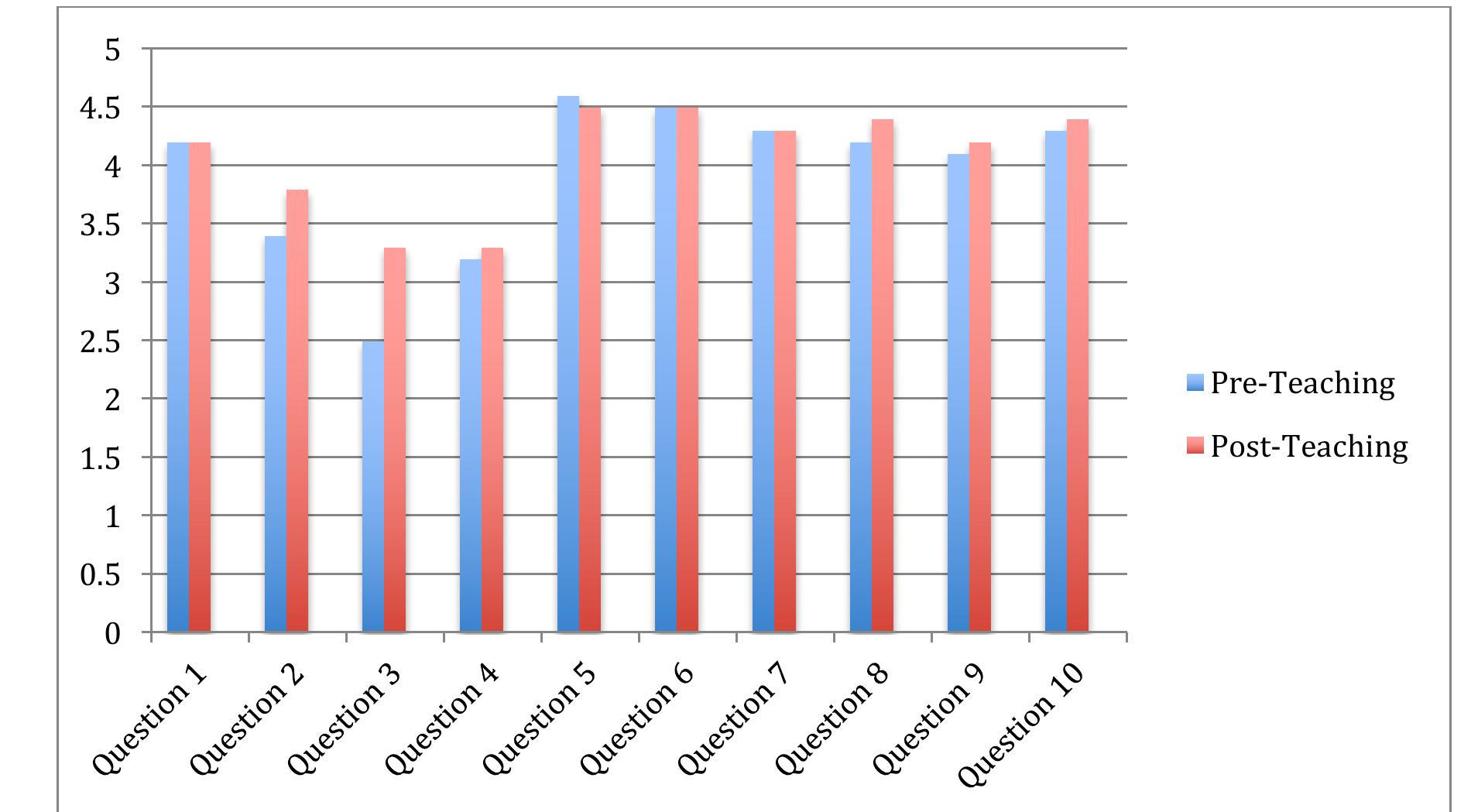Key research themes
1. How does worship music function as a medium for spiritual formation and emotional healing in congregational worship contexts?
This theme explores the role of worship music in shaping spiritual experiences, fostering emotional well-being, and facilitating healing and communal identity formation within worship settings. It addresses theological underpinnings, psychological effects, and embodied practices that enable worship music to act as a vehicle for spiritual connection and pastoral care.
2. How do contemporary worship music practices and leadership shape worshipers' spiritual formation and congregational identity?
This theme investigates contemporary worship music as liturgical speech acts and performance, emphasizing the role of worship leaders in selecting repertoire and facilitating musicking that forms worshippers' spiritual identity. It also examines embodied performance practices such as ad-libbing and tensions around performance versus authentic worship expression within the congregation.
3. How are sacred musical traditions preserved, transformed, and shared across religious and cultural boundaries in worship contexts?
This theme focuses on the interplay between sacred music traditions and contemporary contexts, including theological collaborations, cross-cultural adoption of musical forms, and liturgical innovations that address modern spiritual needs. It highlights how sacred music negotiates identity, authenticity, and relevance within and beyond established religious communities.















































































